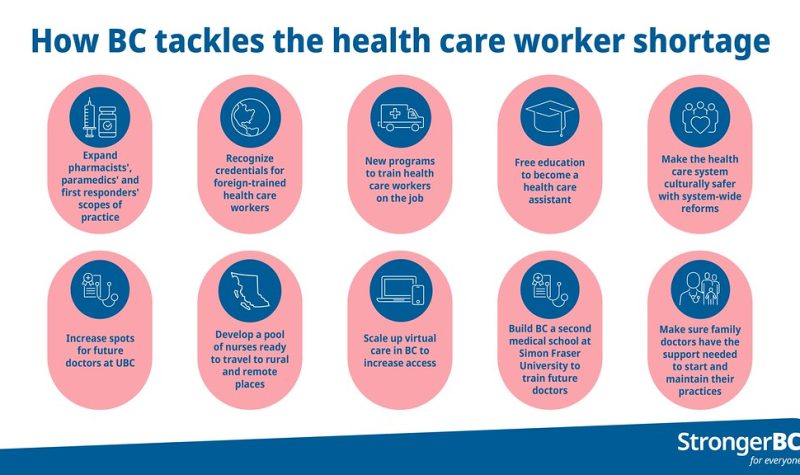In an effort to relieve the overwrought healthcare system in the province, pharmacists in British Columbia can now prescribe drugs for minor ailments like urinary tract infections, allergies and indigestion, as well contraception, meaning patients won’t have to visit a doctor first.
North coast MLA Jennifer Rice, who is also the Parliamentary Secretary for Rural Health said "I think it's really important to to women in particular. It's really important for rural BC in particular because I could use the example here in Prince Rupert with my own home community where we don't have a walk in clinic.
And therefore sometimes our ER department or emergency room gets bogged down with a lot of. Our residents seeking care for minor ailments, such as those ones that we listed, like allergies or or acne or yeast infection, et cetera. And so it sort of relieves the burden on the ER departments, which can be overstretched, shortens the wait times."
This is part of BC's 5-year plan called Health Human Resources Strategy, which launched in September of 2022. The tenets of this health strategy are:
- Retain: Foster healthy, safe and inspired workplaces, supporting workforce health and wellness, embedding reconciliation, diversity, inclusion and cultural safety and better supporting and retaining workers in high-need areas, building clinical leadership capacity and increasing engagement.
- Redesign: Balance workloads and staffing levels to optimize quality of care by optimizing scope of practice, expanding and enhancing team-based care, redesigning workflows and adopting enabling technologies.
- Recruit: Attract and onboard workers by reducing barriers for international health-care professionals, supporting comprehensive onboarding and promoting health-care careers to young people.
- Train: Strengthening employer supported training models; enhancing earn and learn programs to support staff to advance the skills and qualifications; expanding the use of bursaries, expanding education seats for new and existing employees.
Listen in the link below about how this change will cut down on wait times in doctor’s offices as well as help rural British Columbians who don’t have access to a nearby hospital or walk in clinic.


